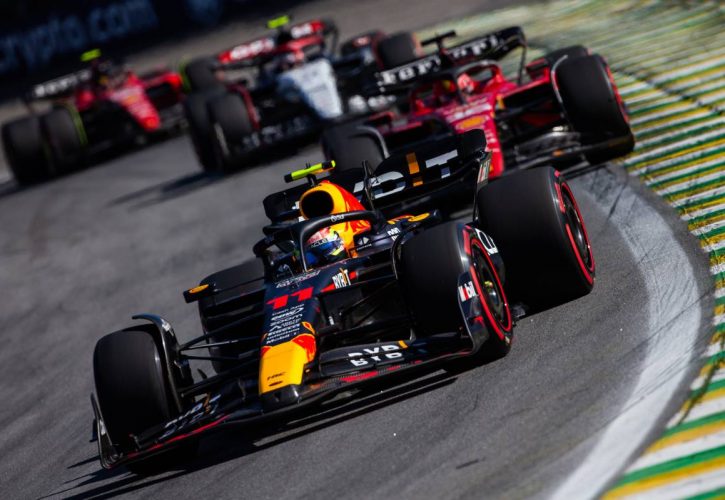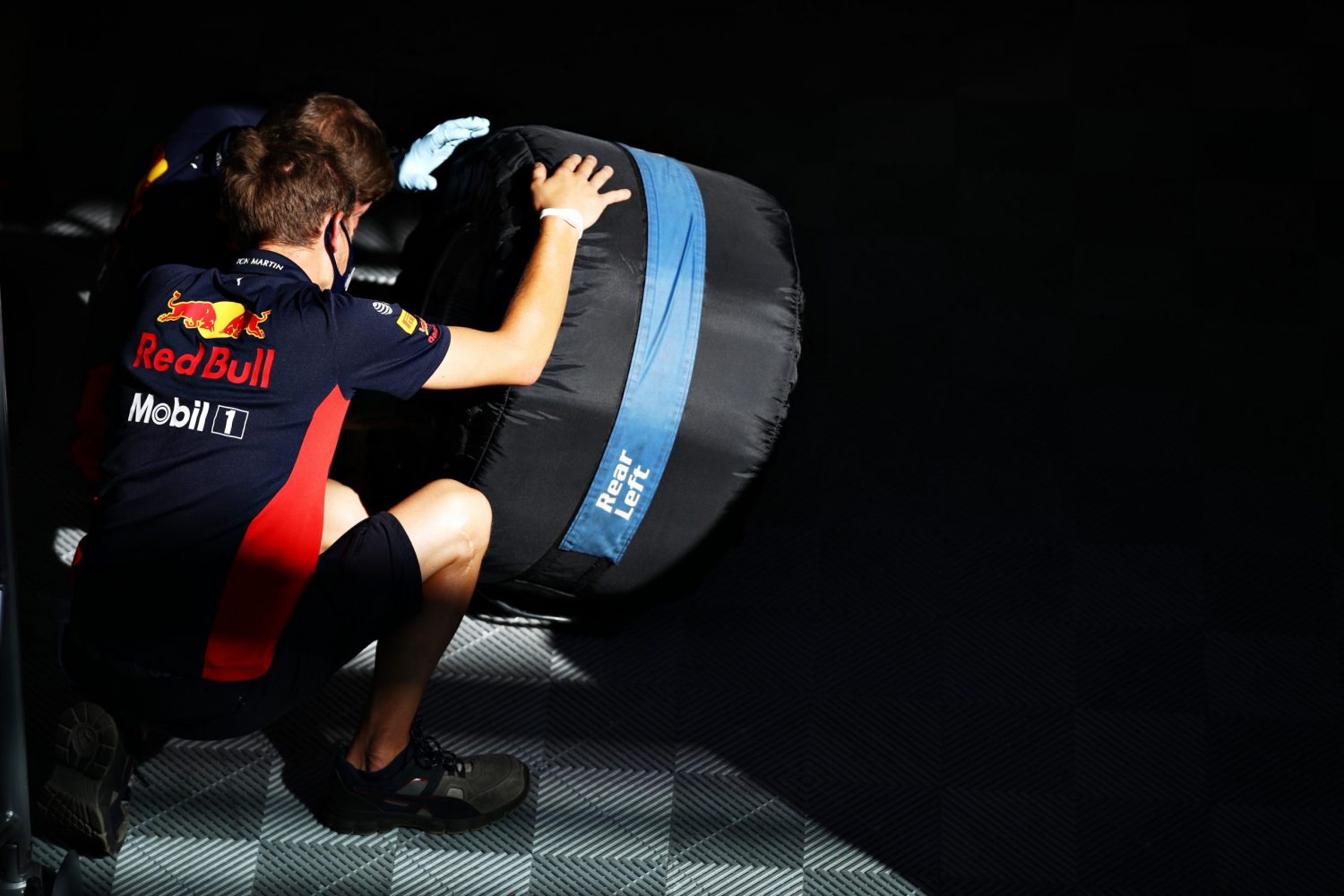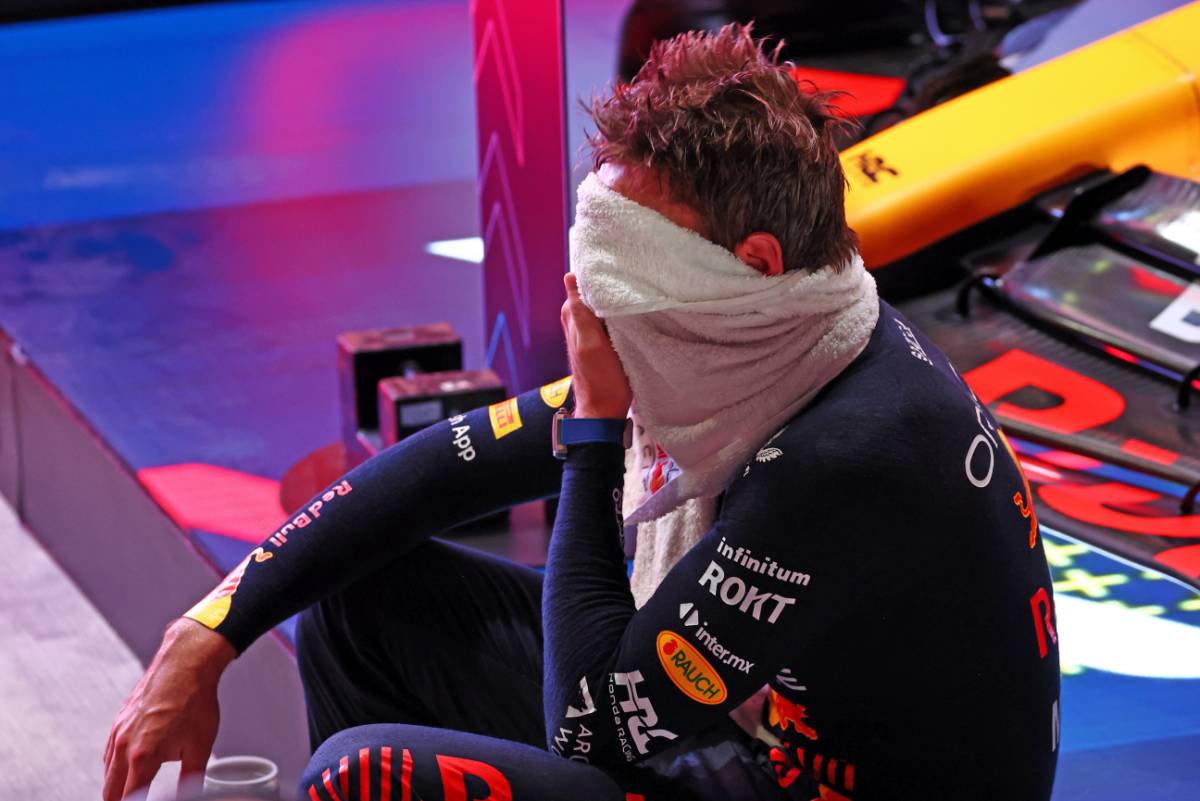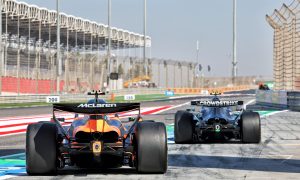
A meeting of the FIA’s F1 Commission on Thursday in Abu Dhabi has resulted in two major decisions for 2024 and beyond: a revamp of the sport’s Sprint format and a reversal of a planned ban on tyre blankets.
With the current standalone sprint format failing to meet expectations in terms of entertainment, Formula 1 stakeholders have agreed that changes are necessary for 2024.
Potential ideas that are on the table involve reverse grids and a complete restructuring of the weekend schedule.
It has reportedly been suggested that Sprint qualifying could be held on Friday afternoons, with qualifying for Sunday’s proper Grand Prix taking place on Saturday mornings ahead of the afternoon Sprint event.
The definitive schedule for the 2024 six Sprint events is set to be unveiled in the next few weeks. Any adjustments to the format, particularly concerning timing and parc fermé regulations, will be finalized in a comprehensive proposal submitted to the F1 Commission at its inaugural meeting of 2024.
The F1 Commission has reversed its decision to ban tyre blankets from 2025. This change reflects F1's ongoing efforts to enhance race quality, as concerns have been raised regarding the current tyre characteristics.
"The Commission agreed that the direction for development for future tyres should be focused on reducing issues of overheating and improving the raceability of the tyres, and therefore the decision was taken to keep tyre blankets for 2025,” read a statement from the F1 Commission.

Furthermore, the regulation regarding the Alternative Tyre Allocation (ATA) rule which was trialed at two rounds this year has also been removed. The standard 13 sets of tyres will remain for 2024.
In response to the extreme conditions encountered by drivers in Qatar this year, the F1 Commission has agreed to implement measures to improve cockpit conditions.
Starting in 2024, the regulations will allow for the installation of a scoop to enhance driver cooling, with additional solutions being explored for more extreme situations.
It is believed that the scoop concept was originally proposed for this season but was rejected due to objections from one team.

Additionally, rule modifications are being introduced to mitigate the risk of damage caused by loose metallic components in the floor striking other cars.
Furthermore, the FIA has committed to conducting another test on wheel covers to enhance visibility in wet weather conditions, bolstering safety measures.
Finally, while Formula 1 teams have already started preliminary design work on their 2026 cars in anticipation of the sport’s significant regulatory overhaul, the F1 Commission has decided that further development will not be allowed in the immediate future.
This decision aims to prevent an escalation of resource allocation and ensure a level playing field among teams.
"The Commission agreed that no work may be carried out on the development of a car for the 2026 season before the start of 2025,” it stated.






